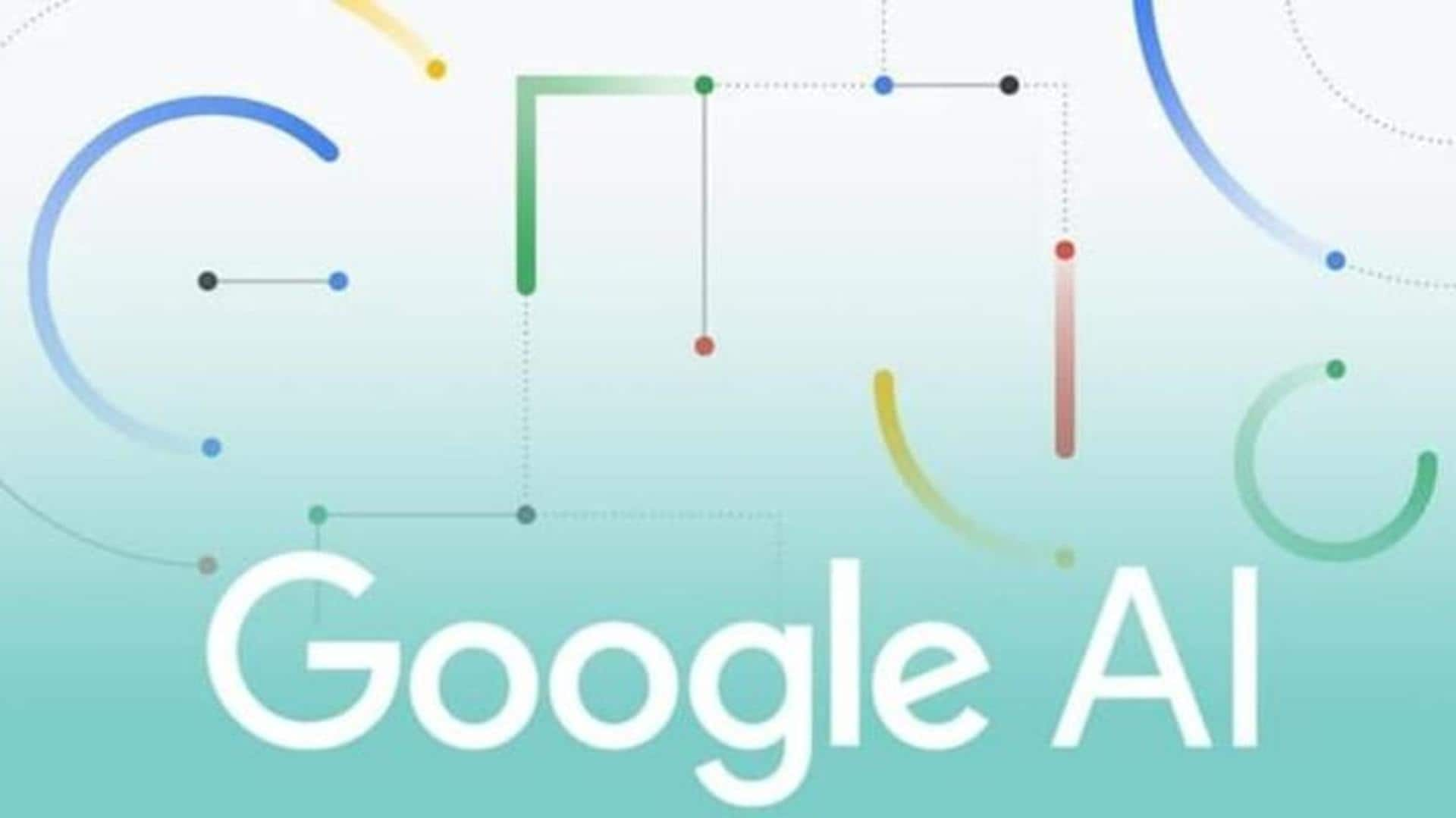
Troubled by Bard, Google seeks human help to improve chatbot
What's the story
A promotional video of Bard, Google's answer to ChatGPT, recently went viral for a mistake it made. That mistake cost Google's parent Alphabet $100 billion in valuation. Now, to improve the chatbot, Google is seeking the help of its employees. Both CEO Sundar Pichai and VP for Search Prabhakar Raghavan have called on Googlers to be a part of the process.
Context
Why does this story matter?
Google Bard did not have the best of starts. In fact, it became a laughing stock for everybody fawning over OpenAI's ChatGPT's success. Although reluctant to launch at first, Google went ahead and introduced Bard to silence its critiques. Instead, that led to more questions about the tech giant's AI capabilities. But Google knows all is not lost yet.
Pichai
Pichai asked employees to spend 2-4 hours on Bard
In a companywide email, Pichai asked Google employees to spend two to four hours of their time this week to help improve Bard. Earlier this week, he issued a rallying cry to every Googler. He asked employees "to help shape Bard and contribute through a special company-wide dogfood," referring to a practice of using its own product.
Reminder
Google's successful products weren't always first to market: Pichai
In his email, Pichai reminded employees that some of Google's most successful products "were not first to market." Google Search and Android are perfect examples of this. "They gained momentum because they solved important user needs and were built on deep technical insights," he wrote. Pichai was criticized by employees over Bard's debut, calling it "botched," "rushed," and "comically short-sighted."
Raghavan
Raghavan asked Googlers to train Bard by rewriting responses
Following Pichai's footsteps, Raghavan too sent an email to staffers. He asked Google employees to ensure that Bard gets its answers right. "Bard learns best by example," he wrote. To help improve its accuracy, Raghavan asked Googlers to "rewrite a response thoughtfully." He also attached a list of do's and don'ts to consider "before teaching Bard."
Do's/Don'ts
Employees have to keep the responses polite and approachable
Under do's, Google asked employees to keep responses "polite, casual, and approachable." They should be in first person POV and must be unopinionated and neutral. For don'ts, employees shouldn't make any presumptions based on "race, nationality, gender, age, religion, sexual orientation, political ideology, location, or similar categories." They are also asked not to describe Bard as a person or imply that it has emotions.
Information
Contributors will receive a 'Moma Badge'
Google also asked employees to "thumbs down" if Bard's answers contain "legal, medical, financial advice" or are hateful or abusive. As an incentive, Googlers who contribute to Bard's improvement will earn a "Moma Badge," which appears on internal employee profiles.